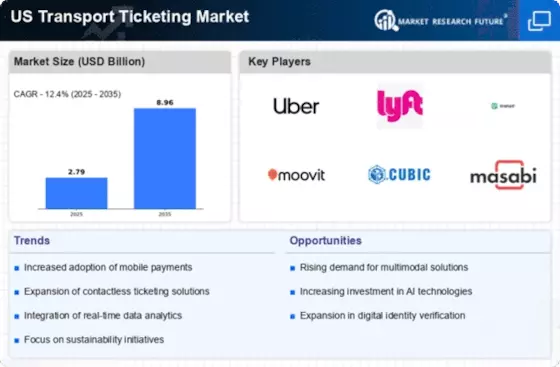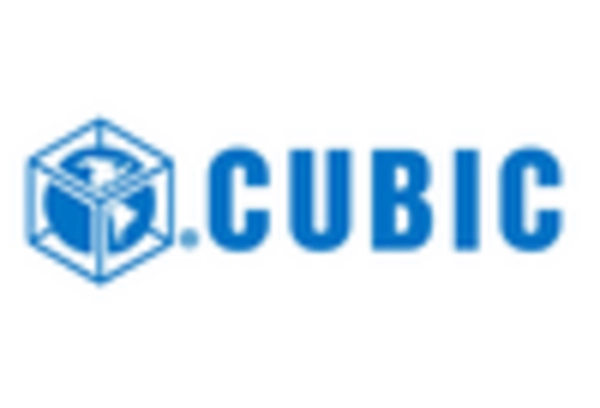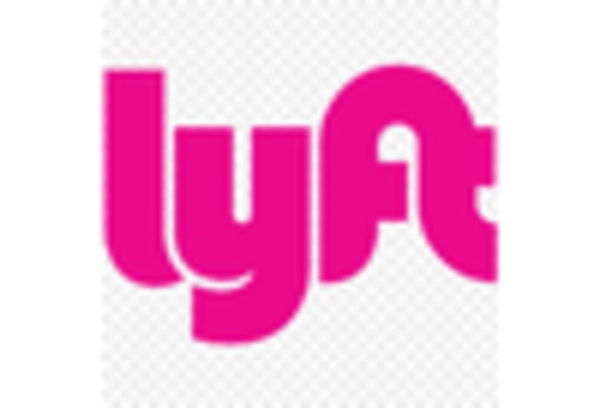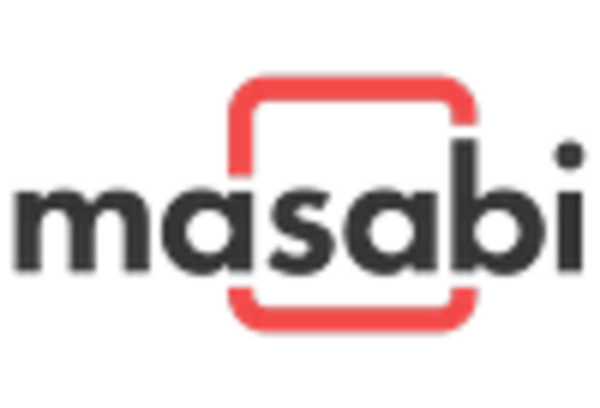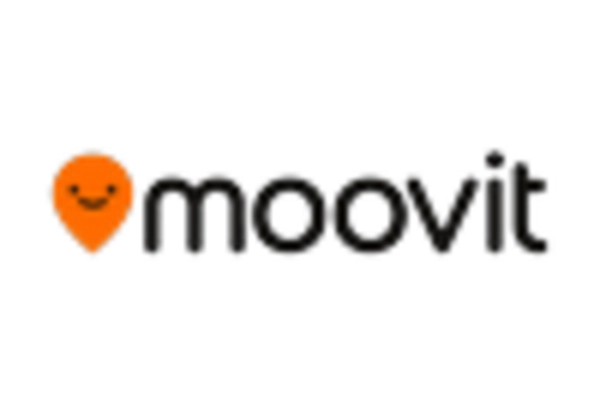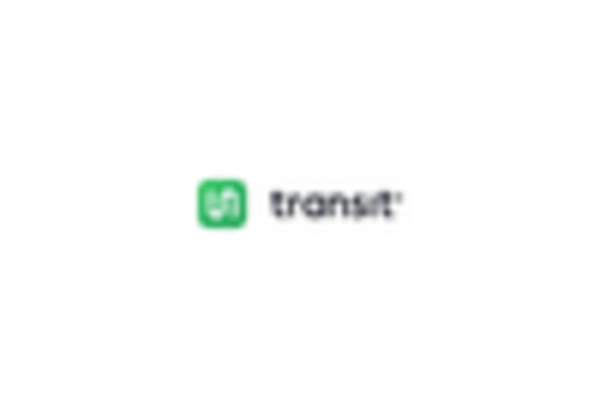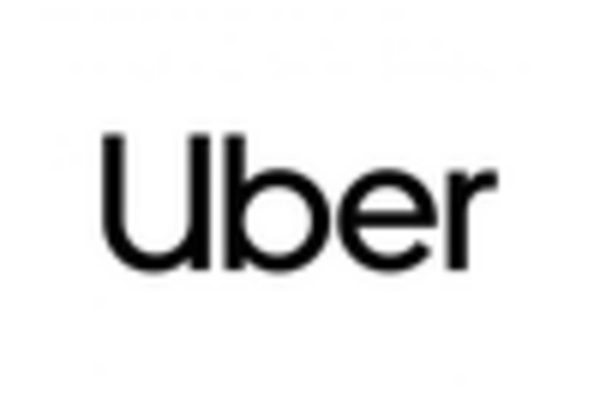Rising Urbanization
The trend of rising urbanization in the United States is significantly influencing the US Transport Ticketing Market. As more individuals migrate to urban areas, the demand for efficient public transportation systems increases. According to the US Census Bureau, urban areas are projected to house over 80% of the US population by 2030. This demographic shift necessitates the development of robust transport ticketing solutions that can accommodate a growing number of commuters. Consequently, transport authorities are investing in advanced ticketing technologies to enhance user experience and streamline operations. The increasing reliance on public transport in urban settings is likely to propel the growth of the US Transport Ticketing Market, as stakeholders seek to meet the evolving needs of urban commuters.
Technological Advancements
The US Transport Ticketing Market is experiencing a notable transformation driven by rapid technological advancements. Innovations such as mobile ticketing applications and contactless payment systems are becoming increasingly prevalent. According to recent data, approximately 60% of public transport users in major US cities prefer mobile ticketing options, indicating a shift towards digital solutions. These advancements not only enhance user convenience but also streamline operational efficiency for transport providers. Furthermore, the integration of artificial intelligence and machine learning in ticketing systems is expected to optimize fare collection processes, reduce fraud, and improve customer service. As technology continues to evolve, the US Transport Ticketing Market is likely to witness further enhancements that cater to the growing demand for seamless travel experiences.
Government Initiatives and Funding
Government initiatives play a crucial role in shaping the US Transport Ticketing Market. Federal and state funding for public transportation projects has increased, with the Biden administration proposing significant investments in infrastructure. For instance, the Infrastructure Investment and Jobs Act allocates billions for public transit, which includes the modernization of ticketing systems. This funding is aimed at improving accessibility and efficiency in public transport, thereby encouraging more users to adopt public transit options. Additionally, various state governments are implementing policies that promote integrated ticketing solutions, which could further enhance user experience and operational efficiency. As these initiatives unfold, they are expected to drive growth in the US Transport Ticketing Market.
Consumer Preferences for Convenience
Consumer preferences are evolving, with a marked inclination towards convenience in the US Transport Ticketing Market. Modern commuters increasingly favor ticketing solutions that offer ease of use, such as mobile apps and contactless payment methods. Recent surveys indicate that over 70% of commuters prioritize convenience when selecting transport options. This trend is prompting transport authorities to adopt user-friendly ticketing systems that cater to the needs of tech-savvy consumers. Additionally, the integration of real-time data and personalized services into ticketing platforms is enhancing the overall user experience. As consumer preferences continue to shift towards convenience, the US Transport Ticketing Market is likely to adapt by offering innovative solutions that align with these expectations.
Environmental Concerns and Sustainability
Environmental concerns are becoming increasingly prominent in the US Transport Ticketing Market. As awareness of climate change and pollution rises, there is a growing push for sustainable transport solutions. Many cities are implementing policies that encourage the use of public transport over personal vehicles, which can reduce carbon emissions. For example, cities like San Francisco and New York are investing in eco-friendly transport options and integrated ticketing systems that promote the use of public transit. This shift towards sustainability is likely to drive demand for innovative ticketing solutions that support green initiatives. As the US Transport Ticketing Market adapts to these environmental challenges, it may see a rise in partnerships between transport providers and technology firms focused on sustainability.

